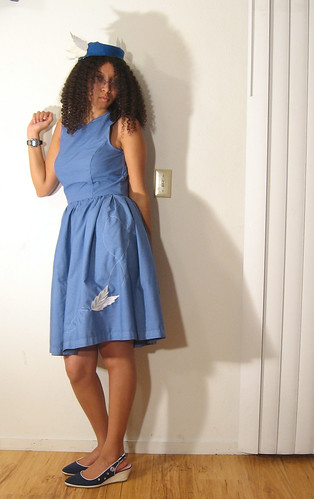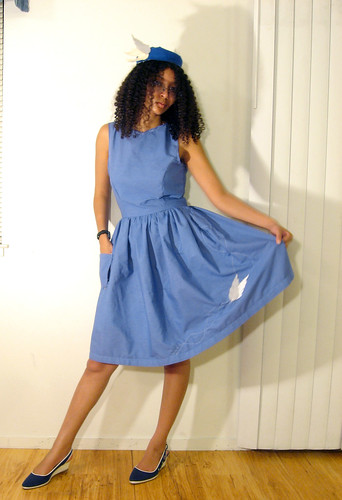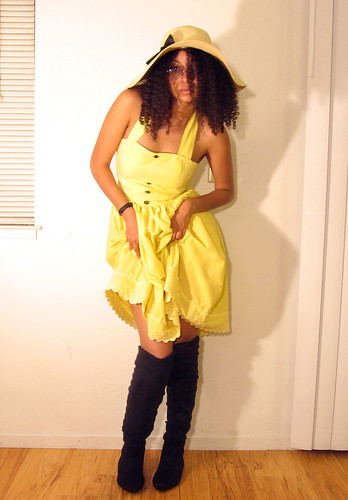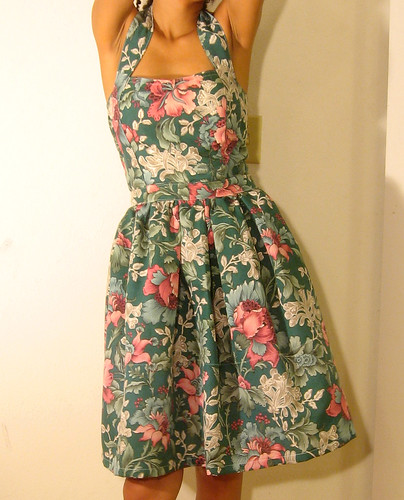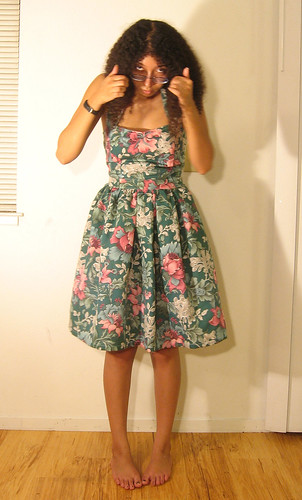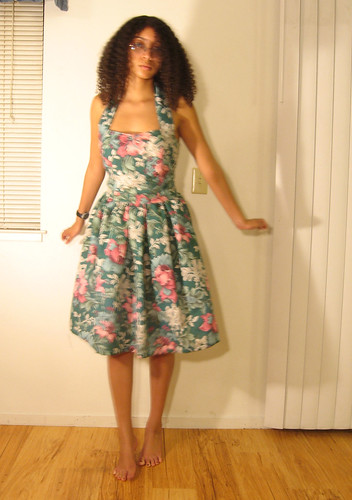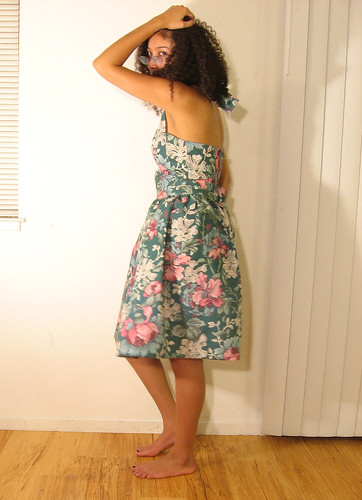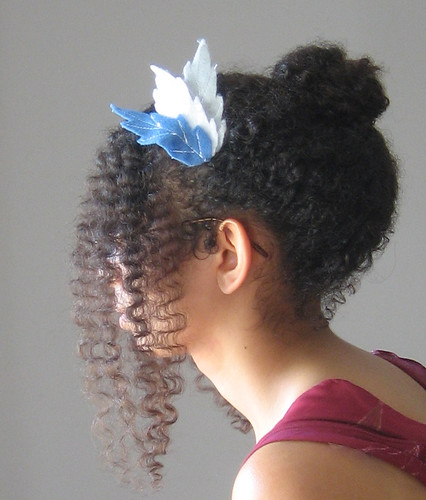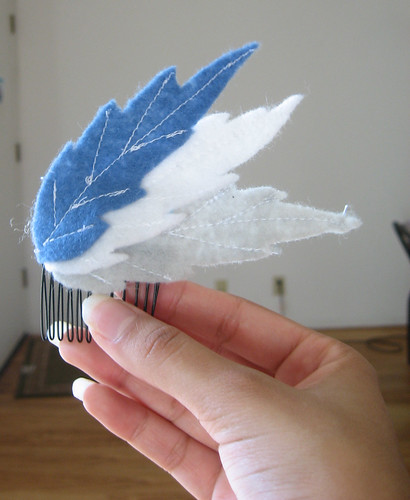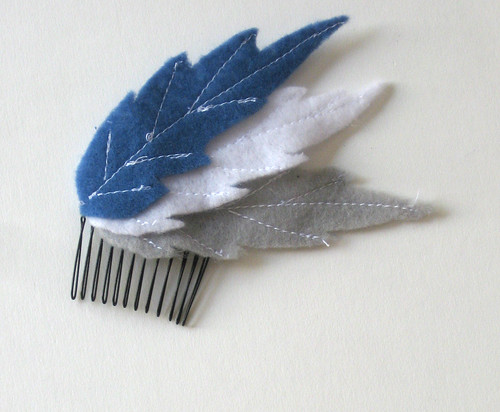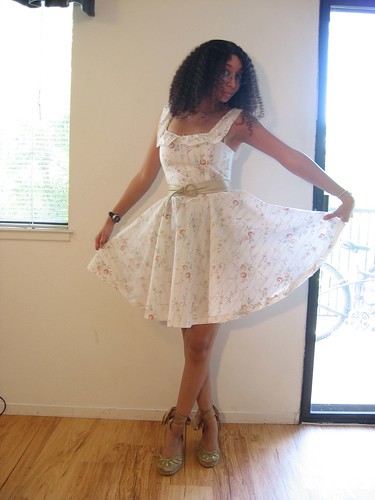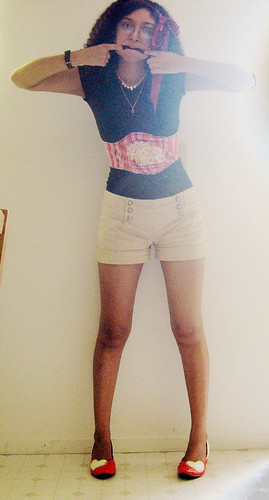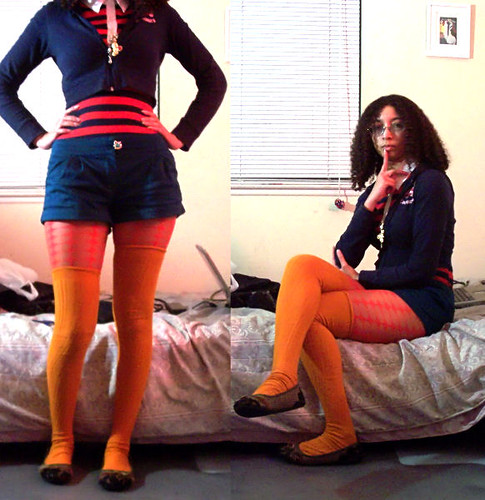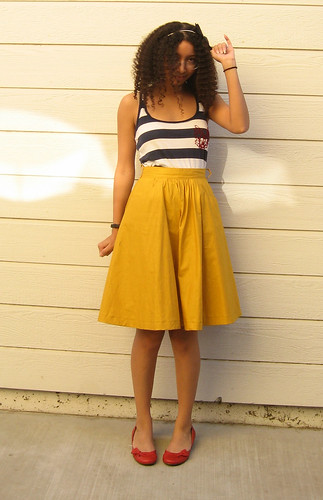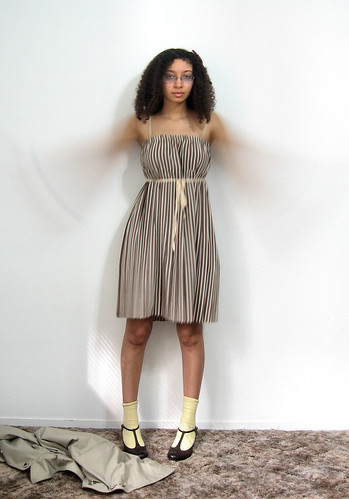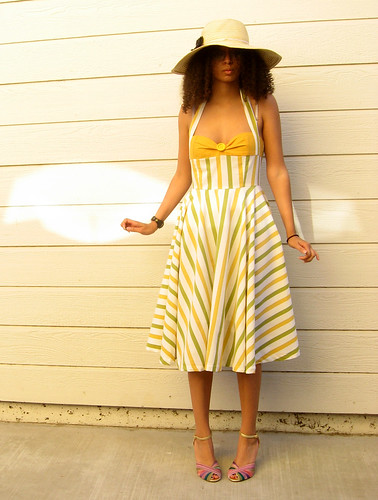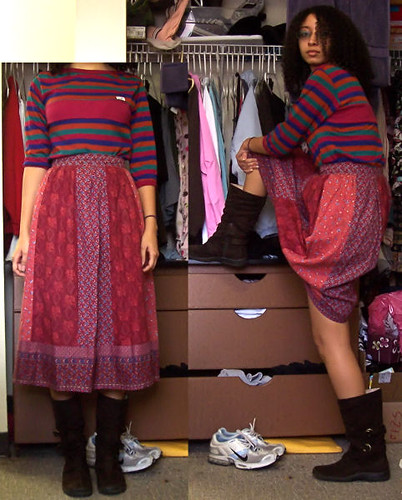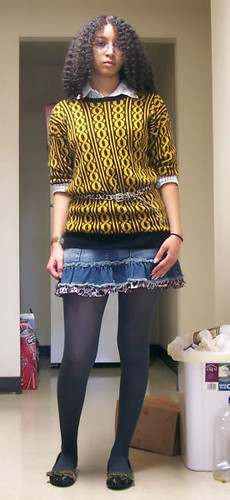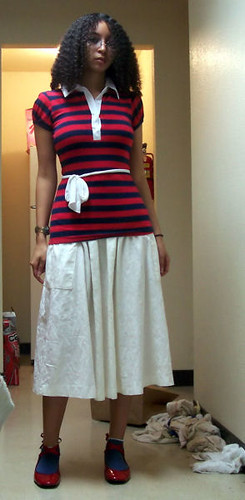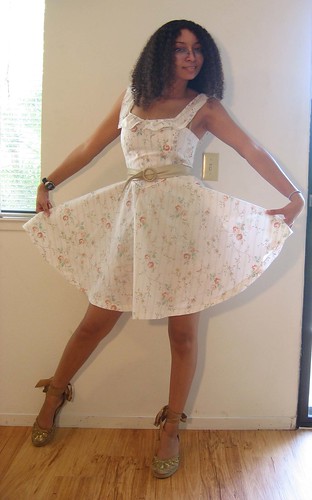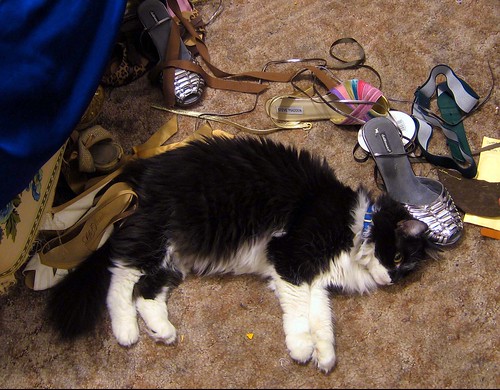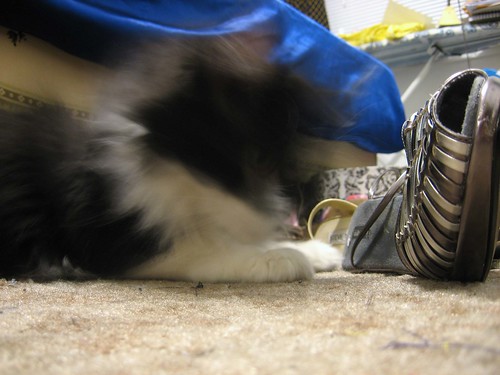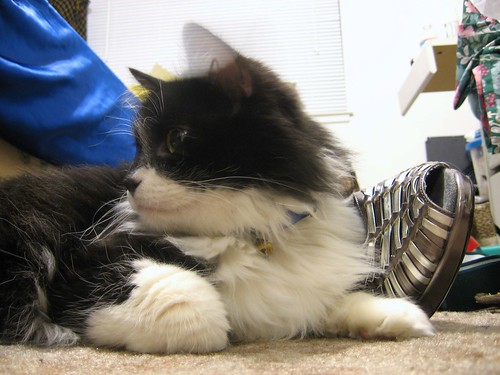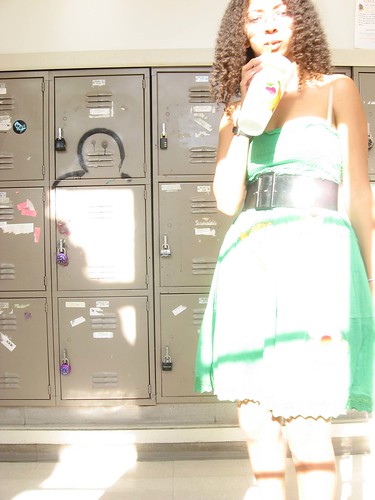
It's interesting how people call caring about dress a a vain activity and yet it's such an important thing. Many people claim to not care about fashion. Not caring about fashion may be true, but certainly they care about what they wear to some extent. I bring this up since I encounter much praise and opposition about the way I dress--or rather the fact that I actually dress everyday-- living in a college town and suburban area. I recently read an article for one of my classes about Major Doctor Mary Walker and all the opposotion she faced while trying to help soldiers during the civil war. Click the Read More! link to find out why she makes an appareance on a fashion style blog.
Besides being a woman doctor at a time when the United States was pushing all medical care on science and men--mid-wifery and natural remedies being squished out-- and her dogged determination to provide medical care for Union soldiers on the battlefront, Doctor Walker had another peculiarity. In the midst of corsets and hoop skirts, Doctor Walker wore pants.

Doctor Walker was an early advocate of women's dress reform, including bloomers and shorter dresses. The long dresses tended to drag on the ground, picking up all sorts of debris and disease. The many layers were also pretty heavy. By the end of the day of working on the battlefield, the traditionally attired famale nurses's dresses would be so saturated with blood that they could barely move. While I'm a big fan of dresses, I can see Doctor Walker's point.

She wore pants under a knee-length dress. When she finally managed to secure a civilian doctor's position in the army sort-of, she dressed in a full major's uniform with her hair in curls.

Doctor Walker was as much ridiculed for her insistance on being a doctor as she was for her style of dress. Many men referred to her as "that THING"-- as though she had seven heads or something-- simply based on her style of dress. The men also accused her of just trying to show her legs and seduce them into giving her the position she desired, totally ignoring her stellar resume.

When she was captured by the confederates, Captain B. J. Semmes described her arrival in a letter.
This morning, we were all amused and disgusted too at the sight of a thing that nothing but the debased and the depraved Yankee nation could produce--"a female doctor"--... brought into the pickets this morning. She was dressed in the full uniform of a Federal Surgeon, looks hat & all, & wore a cloak....[She is] fair, but not good looking and of course had tongue enough for a regiment of men. I was in hopes the General would have had her dressed in a homespun frock and bonnet and sent back to the Yankee lines, or put in a lunatic asylum....
C.S.A. Brigadier-General William M. Gardner, the administrater of Walker's case, took it upon himself to lecture Dr. Walker on how she would have been more successful (as a spy as they thought she was) if she had dressed herself in more "feminine garb." He was a mite friendlier in his description of her as "the most personable and gentlemanly young woman I ever saw."

Dr. Walker gained a bit more respect when she was finally returned to the Union-- exchanged for a six-foot tall southern major-- and still insisted on being an army surgeon. She was never officially recognized as an army surgeon, but President Johnson managed to secure her a congressional medal of honor. Dr. Walker wore that medal even after it was later revoked when the conditions were changed for which it could be given. It was her only token of her service as a army surgeon since the government refused to officially recognize her in any way despite liberally helping themselves to her aid.

Besides her total awesomeness as a doctor--seriously, this woman was amazing. I haven't nearly done her justice with this, but I wanted to focus on her style. Read up on her!-- she appeals to me since she was ridiculed for her style. As many compliments as I get, I also meet with opposition that I actually bother to dress as I live in a college community and suburbs. My girl friends love it and see hanging out with me as a chance to dress up themselves. My male friends think I have the neatest stuff. My mother, who used to complain that I dressed like a bum, complains that dress up too much to go shopping or to the movies. And there are those who are obviously very insecure and write me off as weird.
I overheard a classmate talking about me behind-my-back-in-front-of-my-face and saying how weird it was that I dressed up everyday. Must be some sort of conspiracy, huh? While I certainly don't need that person's approval, it still bothers me. I had hitherto considered them to be a nice sort of person, and now they give me weird looks with a cloud of their unspoken disapproval hanging about me like the deepest darkness in the vacuum of space. It gets a little cold in that vortex of hostility.
 As a fashion eccentric during a much more restricted time, when it was against the law in nefarious ways to dress as she did--she was arrested several times for impersonating a man-- Dr. Walker is a great inspiration to me. She also believed that dress should "allow freedom of motion and circulation," which is a strong factor in what I choose to wear and my designs. Shorter lengths, fuller skirts, a natural waist, and lack of boning are all considered for comfort by me. I adore her shorter version of civil war era gowns, which feature all of the conditions named above. I'd totally those minus the pants and with prettier shoes. While I appreciate menswear styles, I'm a pretty pretty girly girl at heart.
As a fashion eccentric during a much more restricted time, when it was against the law in nefarious ways to dress as she did--she was arrested several times for impersonating a man-- Dr. Walker is a great inspiration to me. She also believed that dress should "allow freedom of motion and circulation," which is a strong factor in what I choose to wear and my designs. Shorter lengths, fuller skirts, a natural waist, and lack of boning are all considered for comfort by me. I adore her shorter version of civil war era gowns, which feature all of the conditions named above. I'd totally those minus the pants and with prettier shoes. While I appreciate menswear styles, I'm a pretty pretty girly girl at heart.
Pretty Pretty Princess,
Ivy Frozen
P.S. That first dress reminds me of my Nutcracker dress.

quotes and information on Dr. Walker taken from "Mary Walker, M.D." by Elizabeth Leonard. All images linked to their source, which will also provide extra reading on the good doctor.


